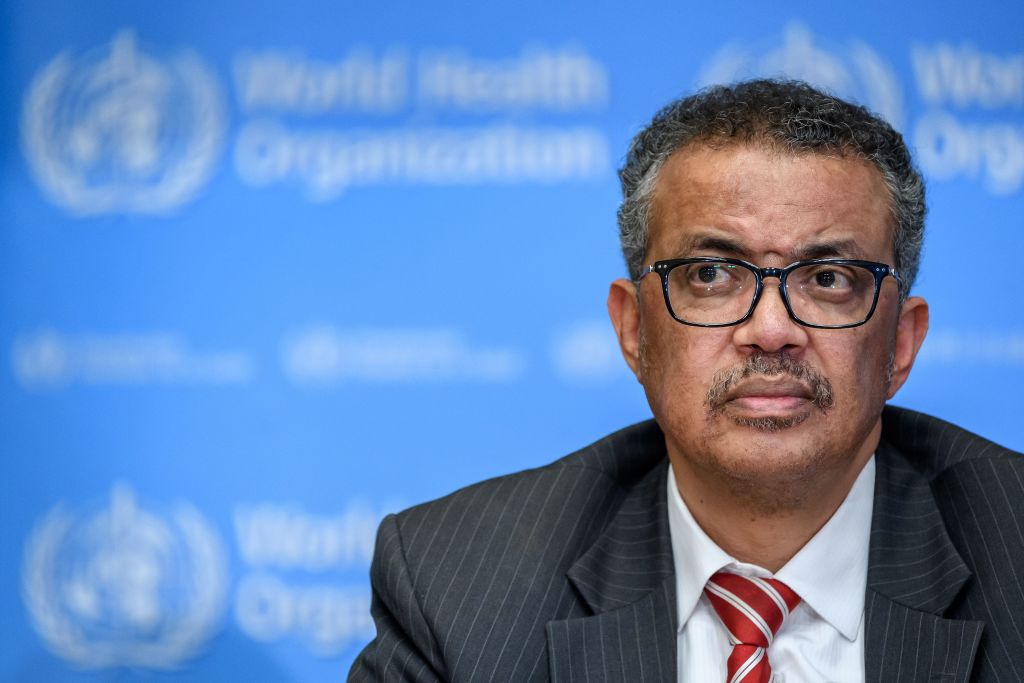Substandard and falsified medicines continue to be distributed in Africa causing immense damage to human lives, fuelling drug resistance, and putting many at risk, the World Health Organisation (WHO) has said.
WHO estimates that more than one in ten medicines in low- and middle-income countries is either substandard or falsified.
Giving his opening remarks at the Regional Committee side event on Fighting Substandard and Falsified Medicines in Africa: A Collaborative and Integrative Approach, WHO director-general, Dr Tedros Adhanom Ghebreyesus said they had issued many alerts on that in the continent.
“The magnitude of this problem, and its damage to both lives and to economies, is immense,” said Ghebreyesus.
“At best, these medicines fail to treat or prevent disease, wasting precious resources and exploiting the hopes and fears of vulnerable people. At worst, they kill, and fan the flames of drug resistance, putting all of us at risk.”
The WHO chief said they estimate that substandard or falsified antibiotics to treat pneumonia in children under five-years-old result in anywhere from 72,000 to 169, 000 deaths each year.
“Similarly, bad antimalarials are estimated to lead to anywhere from 31,000 to 116,000 deaths in sub-Saharan Africa each year,” he said
“Other examples include falsified cholera vaccines, leukaemia drugs that contain simply paracetamol, and faulty diabetes medicines that cause patients to suffer hypoglycaemia. At the same time, low- and middle-income countries are estimated to spend more than 30 billion US dollars annually on substandard and falsified medicines. This is not only public money that is being thrown away, it is being used on products that cause harm to the populations they are supposed to help.”
Substandard and falsified medical products, Ghebreyesus said, can be found in illegal street markets, via unregulated websites, and even in pharmacies, clinics and hospitals.
“The WHO Global surveillance and monitoring system, which has been in place since 2013, has issued more than 70 global alerts to date,” said Ghebreyesus.
“Many of these alerts have been issued in Africa. Last year alone, we issued eleven alerts, including five for COVID-19 products.”
WHO says there are several reasons for the proliferation of substandard and falsified medicines.
“First, a lack of access to affordable, efficacious and safe medicines forces desperate people to buy medicines from unreliable sources,” said Ghebreyesus.
“Second, a lack of good governance allows corruption to penetrate health systems and leaves loopholes for criminal groups to exploit. Third, a lack of technical capacity undermines the integrity of supply chains and limits the ability of countries to safeguard the health of their people.”
Stopping the scourge of falsified and substandard medical products, the WHO chief says, requires working across sectors locally, nationally, and internationally, and working closely with the private sector.
“Law enforcement, through regulatory oversight by mature national regulatory authorities, and international cooperation are indispensable to stopping the flow of these faulty products, which undermine public health,” he said.

